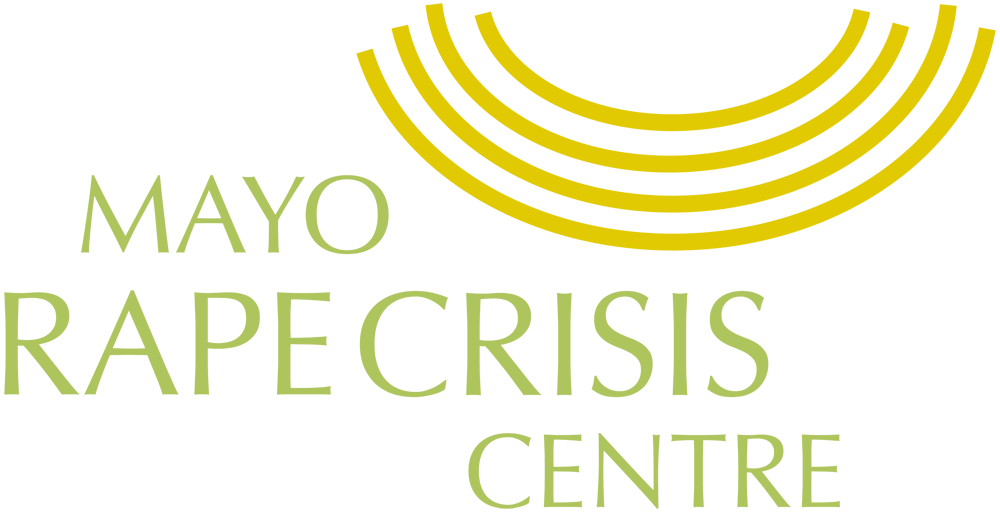So, how can you figure if what happened was rape? These questions might help you to assess and understand what happened.
Were the participants old enough to consent?
The minimum age of consent in Ireland is 17 years. People below this age are considered children and cannot legally agree to have sex. In other words, even if the child or teenager says yes, the law says no.
Did both people have the capacity to consent?
Those with diminished capacity — for example, some people with learning or physical disabilities, some elderly people and people who have been drugged, are intoxicated or are unconscious — may not have the legal ability to agree to have sex.
Did both participants agree to take part?
Did someone use physical force to make you have sexual contact with him/her? Has someone threatened you to make you have intercourse with them? If so, it is rape.
It doesn’t matter if you think your partner means yes, or if you’ve already started having sex — “No” also means “Stop.” If you proceed despite your partner’s expressed instruction to stop, you have not only violated basic codes of morality and decency, you may have also committed a crime under the law.
I didn’t resist physically – does that mean it isn’t rape?
People respond to an assault in different ways. Just because you didn’t resist physically doesn’t mean it wasn’t rape — in fact, many victims make the good judgment that physical resistance would cause the attacker to become more violent.
Lack of consent can be expressed (saying “no”) or it can be implied from the circumstances (for example, if you were under the statutory age of consent, or if you had a mental defect, or if you were afraid to object because the perpetrator threatened you with serious physical injury).
I used to date the person who assaulted me – does that mean it isn’t rape?
Rape can occur when the offender and the victim have a pre-existing relationship, however slight (sometimes called “date rape” or “acquaintance rape”), or even when the offender is the victim’s spouse.
It does not matter whether the other person is an ex-boyfriend or a complete stranger, and it doesn’t matter if you’ve had sex in the past. If it is non-consensual this time, it is rape.
I don’t remember the assault – does that mean it isn’t rape?
Just because you don’t remember being assaulted doesn’t necessarily mean it didn’t happen and that it wasn’t rape. Memory loss can be an effect of trauma, or can ingestion of drugs and alcohol can cause some memory loss.
I was asleep or unconscious when it happened – does that mean it isn’t rape?
Rape can happen when the victim was unconscious or asleep. If you were asleep or unconscious, then you didn’t give consent. And if you didn’t give consent, then it is rape.
I was drunk or they were drunk – does that mean it isn’t rape?
Alcohol and drugs are not an excuse – or an alibi. The key question is still: did you consent or not? Regardless of whether you were drunk or sober, if the sex is nonconsensual, it is rape. Both people must be conscious and willing participants.
I thought “no,” but didn’t say it. Is it still rape?
It depends on the circumstances. If you didn’t say no because you were legitimately scared for your life or safety, then it would likely be considered rape. Sometimes it isn’t safe to resist, physically or verbally. Other times you may just lose your voice or your ability to protest. You may involuntarily freeze as a trauma response.
You may feel violated and hurt and perhaps need help to determine what stopped you saying “No” .

